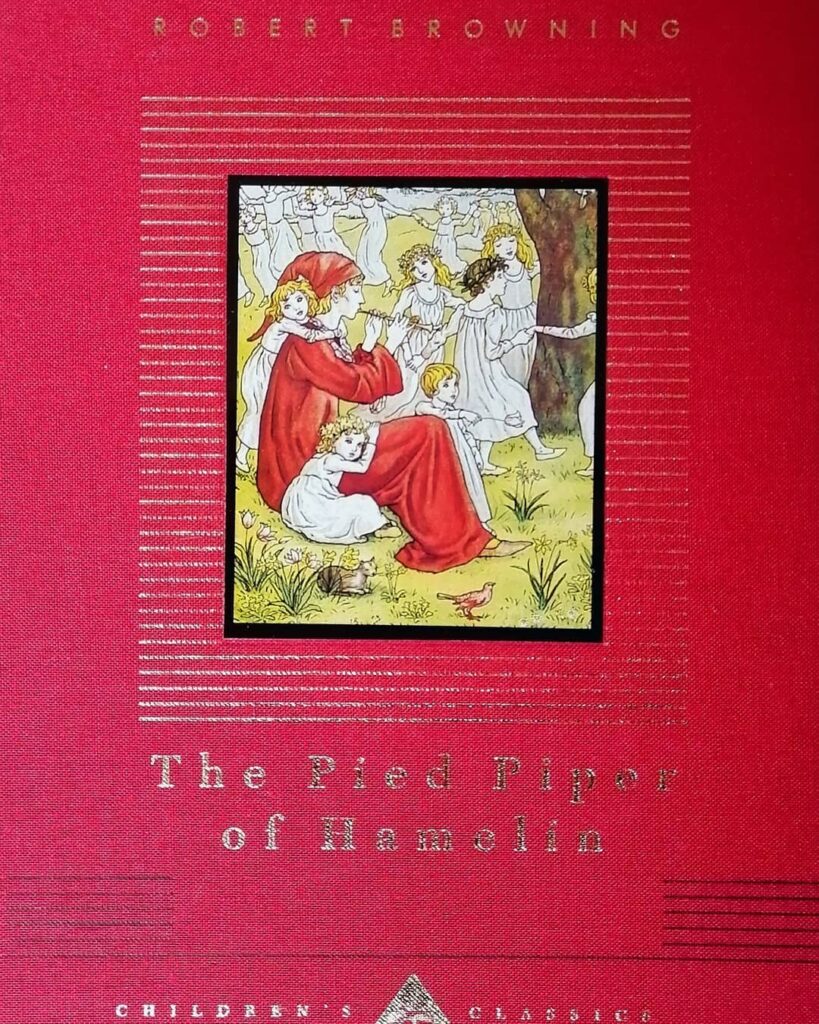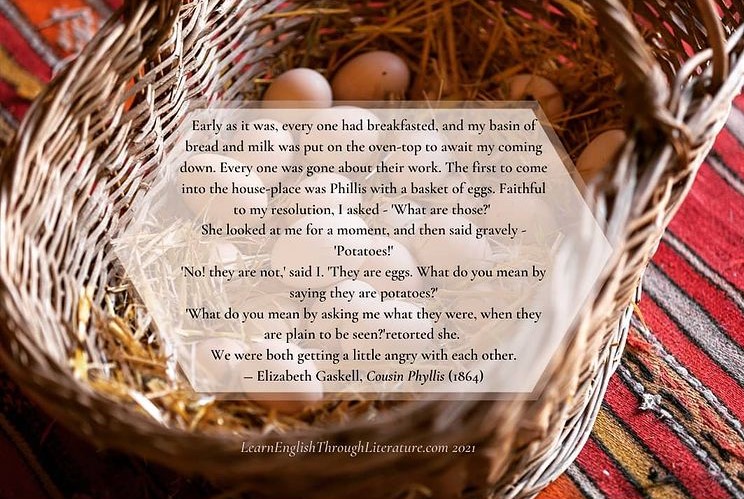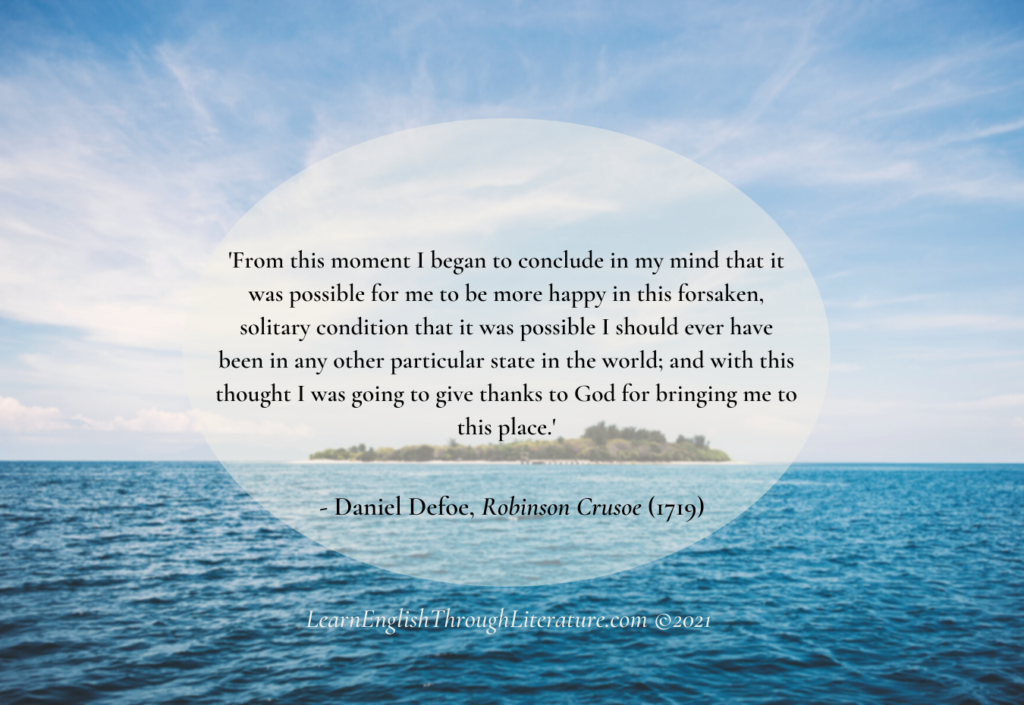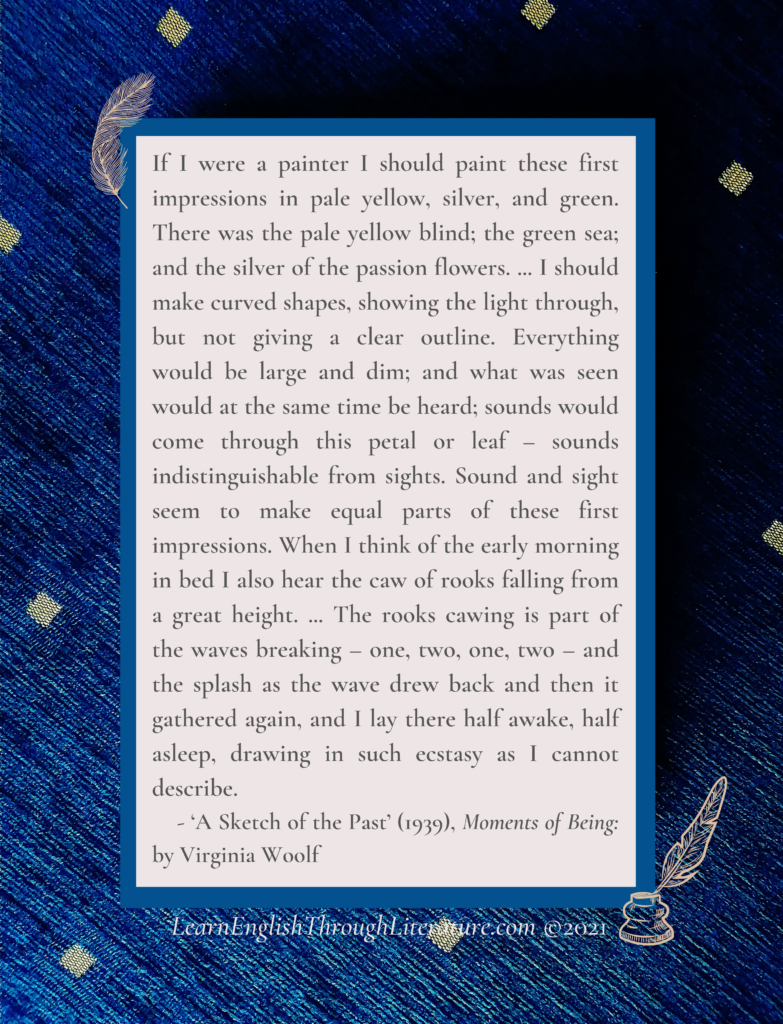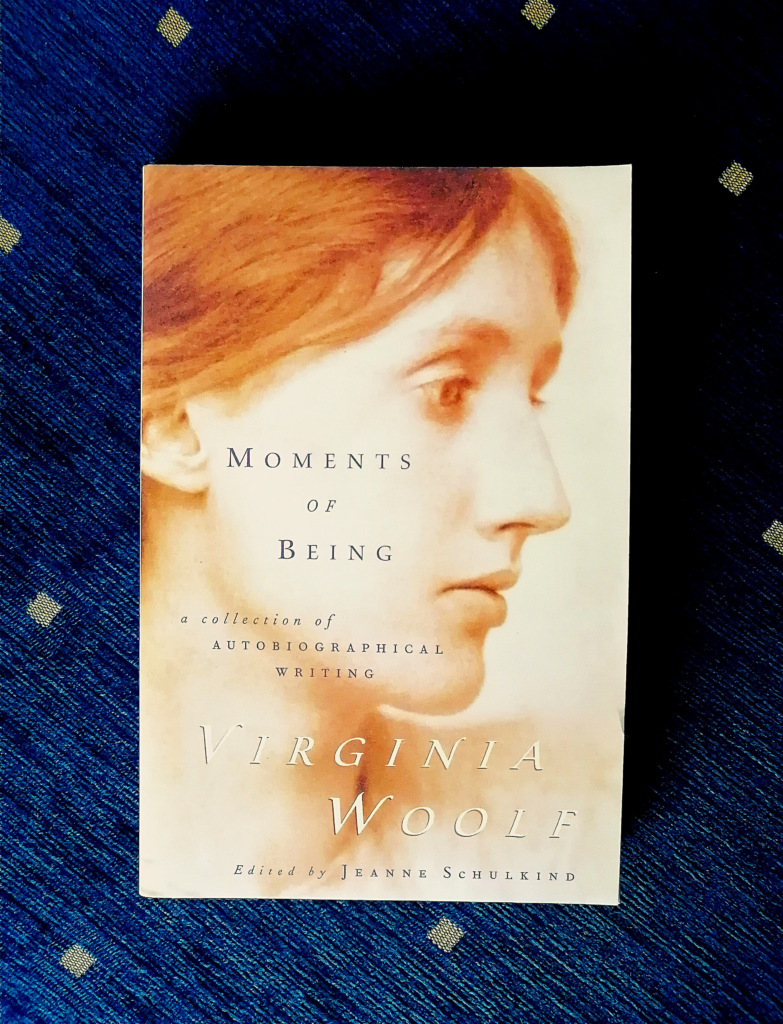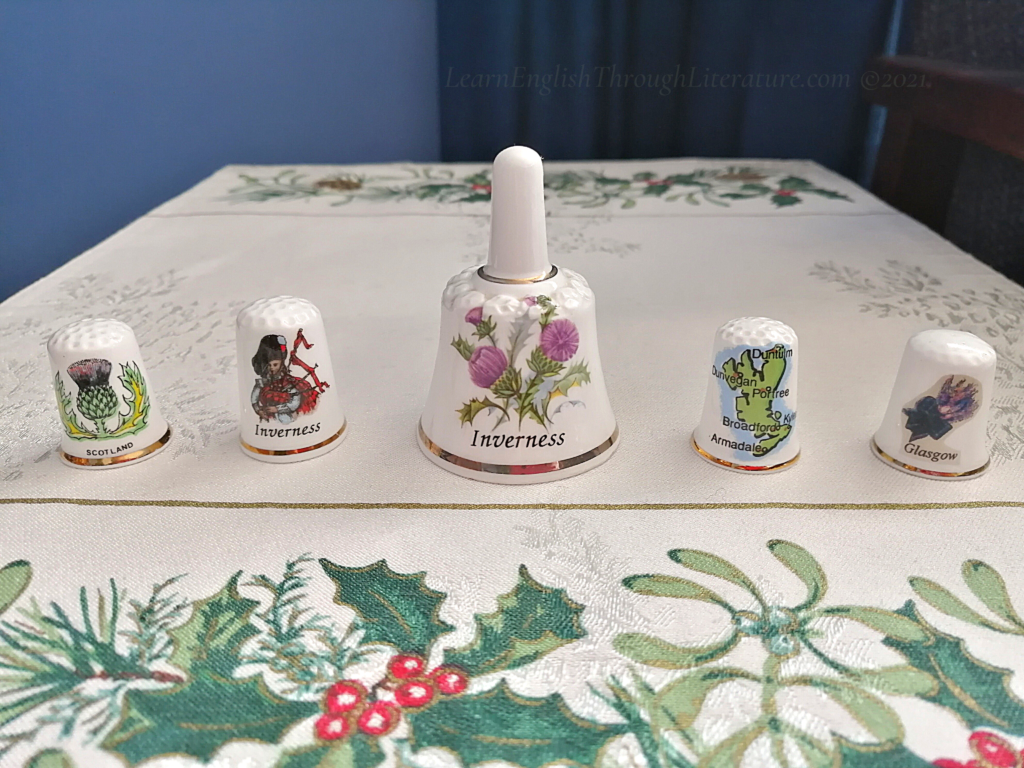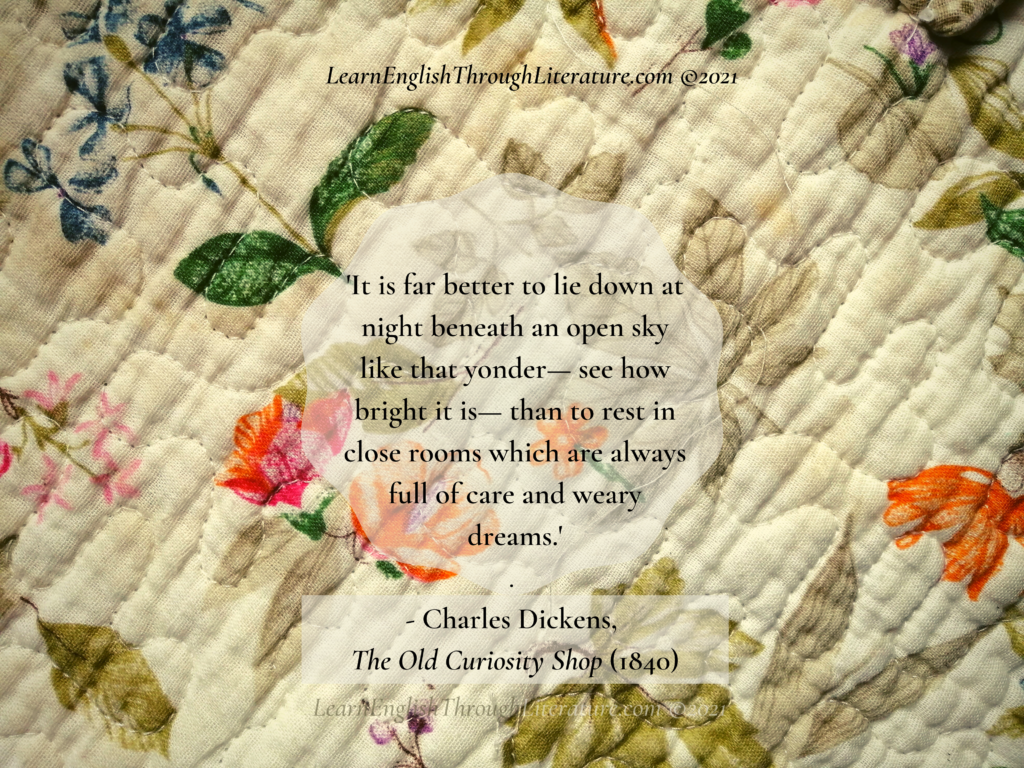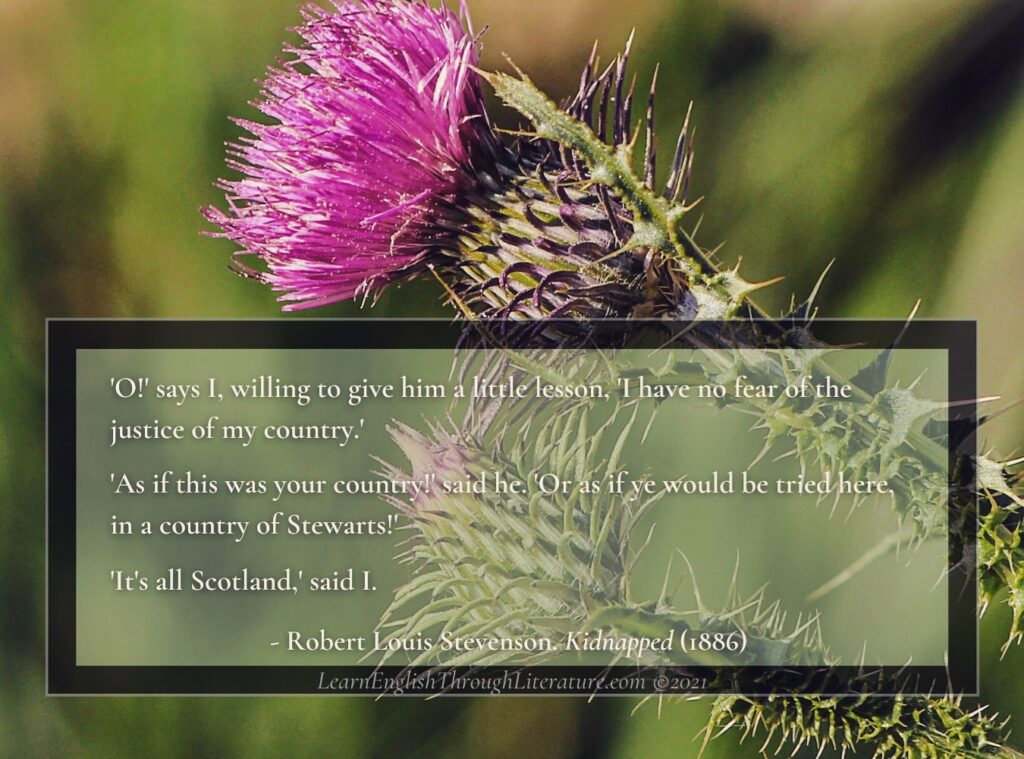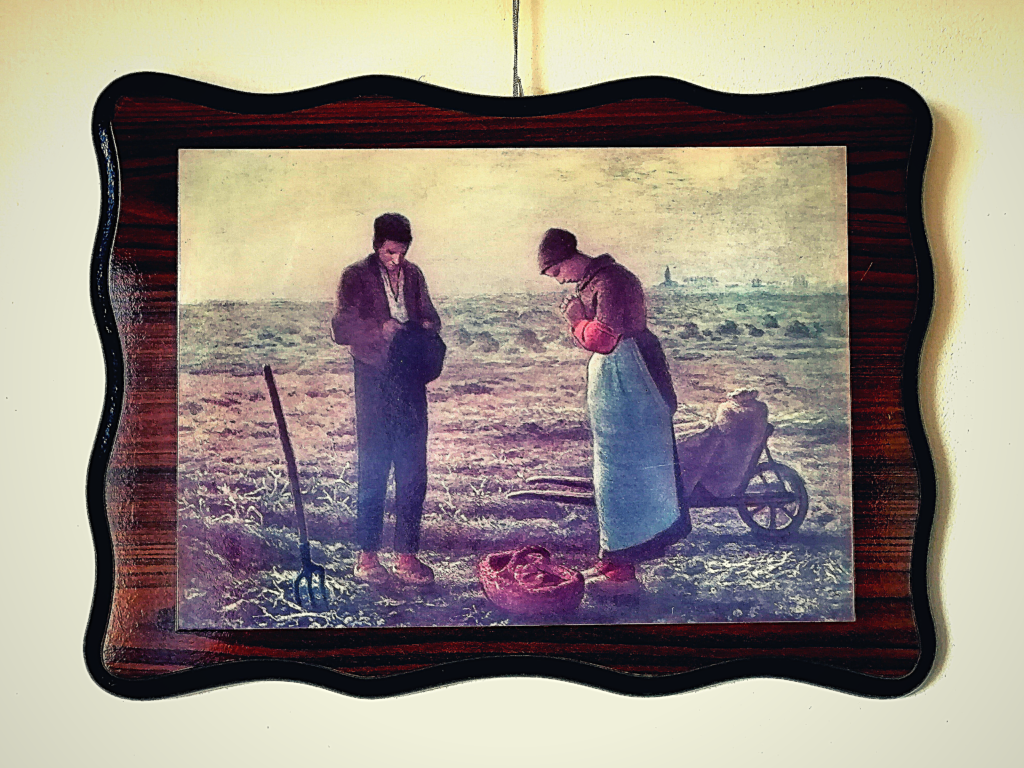Lesson #175: Browning’s ‘The Pied Piper of Hamelin’ and the Magic of Prefixes
The Mayor was dumb, and the Council stood As if they were changed into blocks of wood, Unable to move a step, or cry To the children merrily skipping by — Could only follow with the eye That joyous crowd at the Piper’s back. – Robert Browning, ‘The Pied Piper of Hamelin’ (1842) … Once […]
Lesson #175: Browning’s ‘The Pied Piper of Hamelin’ and the Magic of Prefixes Read More »

